Featured Illustration: Nicole Medina
![]()
In 1966, James Baldwin wrote, “The police are simply the hired enemies of this population. They are present to keep the Negro in his place and to protect white business interests, and they have no other function.’’ Now, this sentiment is one that still rings true in 2021. Which begs the question, as asked by Tracey Meares, “What do you do with an institution whose core function is the control and elimination of Black people specifically, and people of color and the poor more broadly? You abolish it.”
As a Black person, I was taught from a young age to be wary of the same people meant to protect us. I saw movies about Oscar Grant. I remember exactly where I was when Trayvon Martin and Eric Garner were killed. For me, those moments are as vivid in my mind as 9/11 or some equally traumatic event was for others. I remember several of the names of those we lost to the state, though it’s hard to keep track because of how often this happens. That fear that I or any of my family may be killed with each police car that drives by our house or passes us in the car, is a daily concern. The abuse of power and corruption within the policing system is a constant.
So why not defund or reform the police, rather than completely abolish it? Simply put, abolishing the police is a means of dismantling an inherently oppressive system that dates back to the 1700s, when slavery was — and still is — considered the most desirable system of labor organization because it allowed the master almost absolute control over the life and productivity of the laborer. Thus, abolition is the only way to end the cycle of injustice and police violence towards Black people and other marginalized communities. That doesn’t mean we’ll be without law and order, but it does lessen the fear many have about law enforcement in America.
Writer Dwayne David Paul believes that “Abolition does not mean giving up state-provided safety; it means giving up the delusion that the state provides safety through violence, surveillance, and imprisonment. It will not be instantaneous.” What that looks like is “shrinking the resources and scope of the institutions incompatible with that vision. We can instead fund things that promote human flourishing, like universal housing and humane mental health treatment, thereby making crime less likely,” a reminder that many resources are unsustainable and not as prioritized in this country. Police aren’t trained in de-escalation. “There’s no doubt we need to reimagine what it looks like to get the right responder to the right situation at the right time,” says writer Anna Smith. To change that, we must reallocate the funds where they are most needed. A popular recommendation? Community safety and response programs instead of federal. Rather than added police and increasing crime rates, this country would be one that is more about the people and less about militarization and control.
Moving from a Black populated city to a predominantly white one was almost similar to a culture shock for me. Lord knows I wasn’t used to the kind of community that exists in smaller, whiter spaces. But more than anything, the police presence bothered me. I had always been a good kid, so I shouldn’t have had anything to worry about. The longer I lived in this unfamiliar place, the more I got to see how the police were accepted with open arms and, in turn, how they treated citizens. These officers seemed relatively nice and considering previous places of residence, I have met more than a few of our boys in blue. But knowing that everyone could be so friendly with a cop didn’t ease my concern at all. Because there could be one moment where they weren’t so friendly. The wrong person or the wrong time could set someone off. And that terrified me.
As a Black person, it’s what you expect. You can’t call the police, you can’t be around them, without the expectation that you won’t come out of it alive.
We hope and we vote and align ourselves with people who pride themselves on their allyship and promise change, but it never comes. And a few bad apples spoil the bunch. If you can’t rely on those who are paid to be reliable in your time of need, then what does that say about them or their employers? What does it say about us to continue supporting that? Even when you look at cases like the Derek Chauvin trial, you are faced with the reality that that wasn’t a win. It wasn’t accountability or justice. That was the government risking one to save the rest. Because if that man weren’t found guilty, then it would destroy everything they’ve built.
If you pretend the faults of the system don’t exist, or you try to justify them, you don’t truly love what it is you’re defending. What is patriotism if you’re actively supporting your country in its own downfall? Abolition is an opportunity to rebuild what we love. It is reforming medical systems to get people the help they need. It is destroying age-old systems that still enforce slavery and work against Black people at alarming rates. It is trying to do better as a people, as a country, and allowing citizens the freedom to live without fear of our own government.
Many people are anti-abolition because they see nothing wrong with the current state of America. That blind loyalty is damaging. Because when the current systems fall, there will be no way to come back from it. I believe we have a chance to experience better, but better isn’t an option unless we make it so.


Leave a Reply